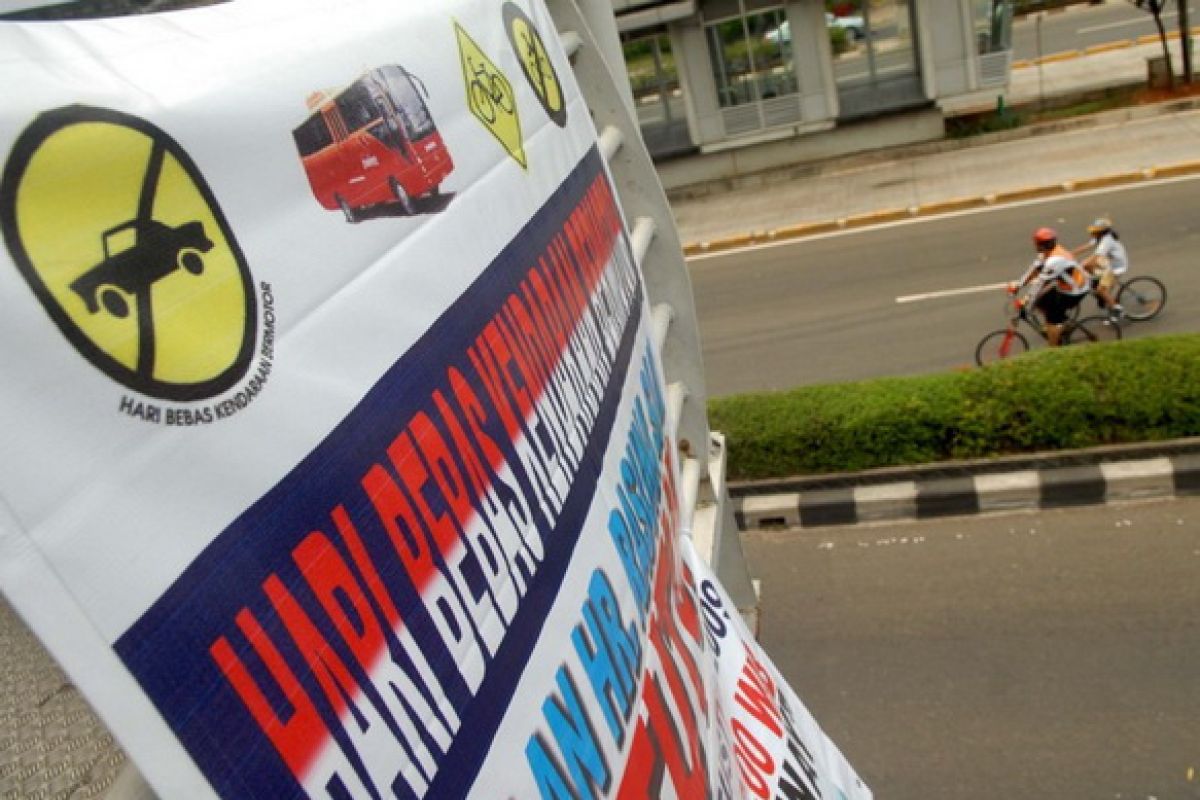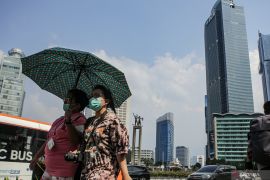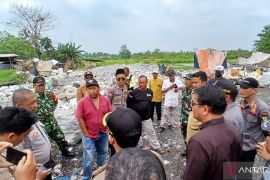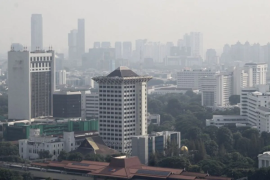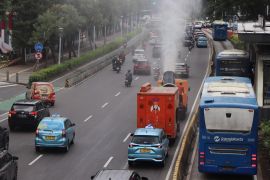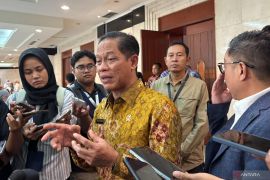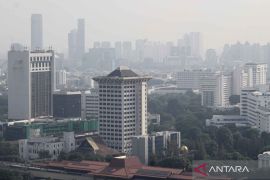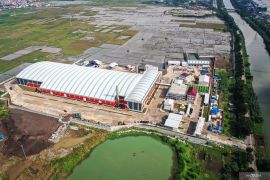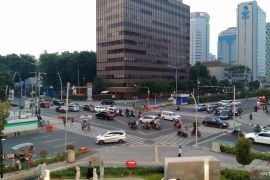“In Southeast Asia, Jakarta and Hanoi are the two most polluted cities. With Beijing’s air quality getting better, Jakarta risks overtaking China’s famously polluted capital soon,” Greenpeace Southeast, quoting findings of the report, prepared in collaboration with the NGO, noted in a statement recently.
Air pollution will claim an estimated seven million lives globally in the next year, while costing the world’s economy nearly US$225 billion.
“Air pollution steals our livelihoods and our futures, but we can change that. In addition to human lives lost, there’s an estimated global cost of 225 billion dollars in lost labor and trillions in medical costs. This has an enormous impact on our health and on our wallets. We want this report to make people think about the air we breathe because when we understand the impacts of air quality on our lives, we will act to protect what is most important,” Executive Director of Greenpeace Southeast Asia Yeb Sano noted.
In China, average concentrations in its cities fell by 12 percent, from 2017 to 2018. Beijing had ranked as the 122nd most polluted city in the world in 2018.
The report also reveals that in South Asia, out of the 20 most polluted cities in the world, 18 are in India, Pakistan, and Bangladesh. This includes earlier unseen data from Pakistan’s first public monitoring network of sensors.
“The 2018 World Air Quality Report is based on the review, compilation, and validation of data from tens of thousands of air quality monitoring stations around the world. Now, everyone with a cellphone has free access to this data via the AirVisual platform. This has also created demand for air quality monitoring in cities or regions where no public data is available. Communities and organizations, from California to Kabul, are supplementing governmental monitoring efforts with their own low-cost air quality monitoring networks and are giving everyone access to more hyper-local information,” Frank Hammes, the IQAir CEO, noted.
Climate change is worsening the effects of air pollution by changing atmospheric conditions and amplifying forest fires. In addition, the key driver of climate change -- burning fossil fuels -- is also the main driver of air pollution, globally. Hence, tackling climate change will also greatly improve the air quality.
“Local and national governments can help tackle the effects of air pollution by providing adequate monitoring and reporting infrastructure. What is clear is that the common culprit across the globe is the burning of fossil fuels -- coal, oil, and gas -- worsened by the cutting down of our forests. What we need to see is our leaders thinking seriously about our health and the climate by looking at a fair transition out of fossil fuels while telling us clearly the level of our air quality, so that steps can be taken to tackle this health and climate crisis,” Sano added.
In July 2018, Greenpeace Southeast reported that approximately 3.5 million cars and 14 million motorcycles plying on Jakarta's roads daily contributed a large percentage to air pollution in the capital.
In an article titled “Jakarta’s Silent Killer” issued on October 24, 2017, Greenpeace Southeast Asia wrote that Jakarta already suffered from dangerous levels of air pollution, from traffic, residential emissions, and coal-fired power.
“Greater Jakarta would be ringed by power stations, which will choke the city and its 30 million inhabitants. While China is closing coal-fired power plants in Beijing to curb dangerous levels of air pollution, Indonesia is doing the opposite,” the international NGO wrote while criticizing a government’s proposal for four coal-fired power plants in addition to the existing eight plants around the Greater Jakarta area.
Emissions from the new and existing coal-fired power plants would put at risk the health of everyone in Greater Jakarta, including 7.8 million children, by exposing them to air pollution levels above the WHO guidelines.
Reporter: Fardah
Editor: Eliswan Azly
Copyright © ANTARA 2019
